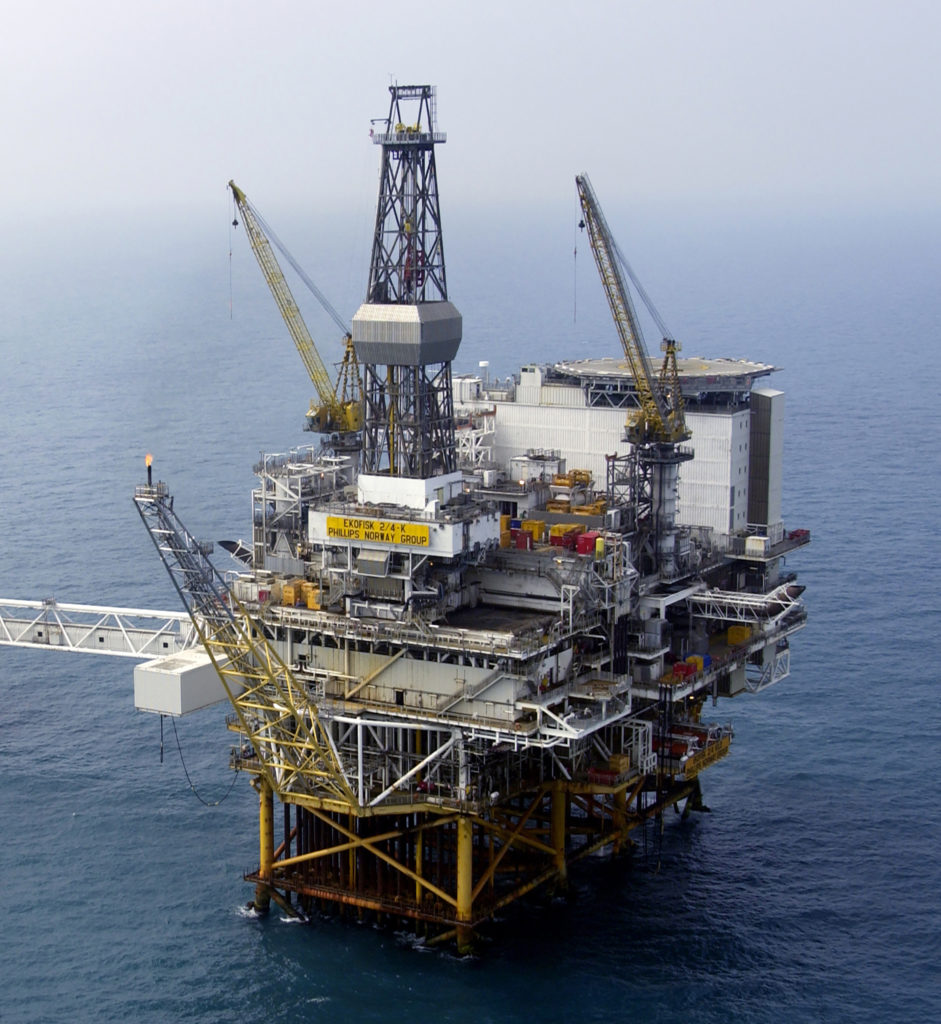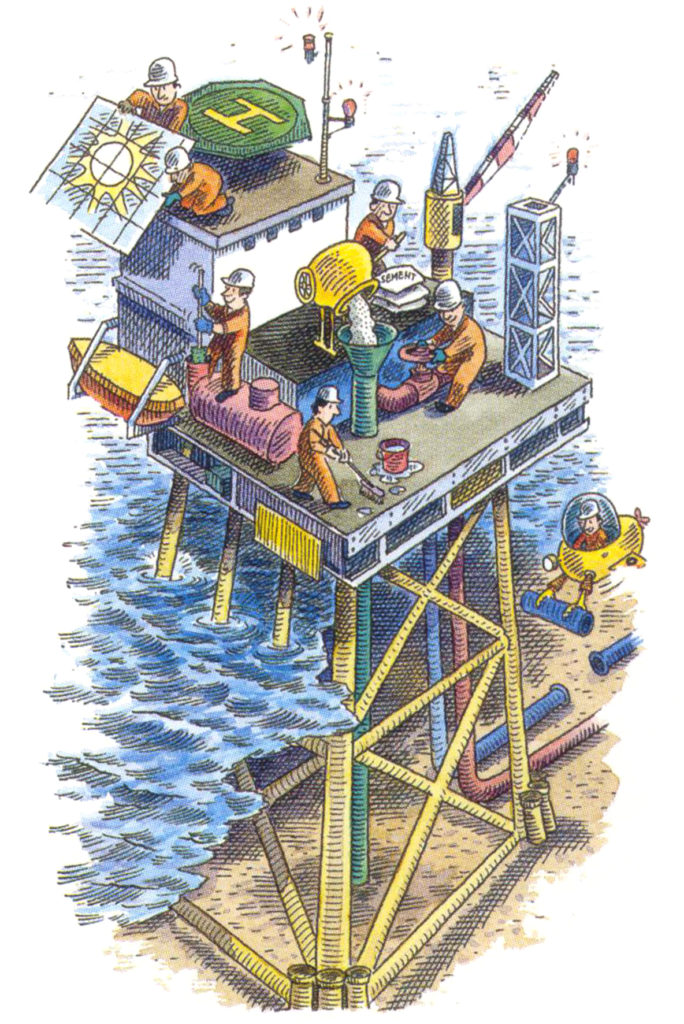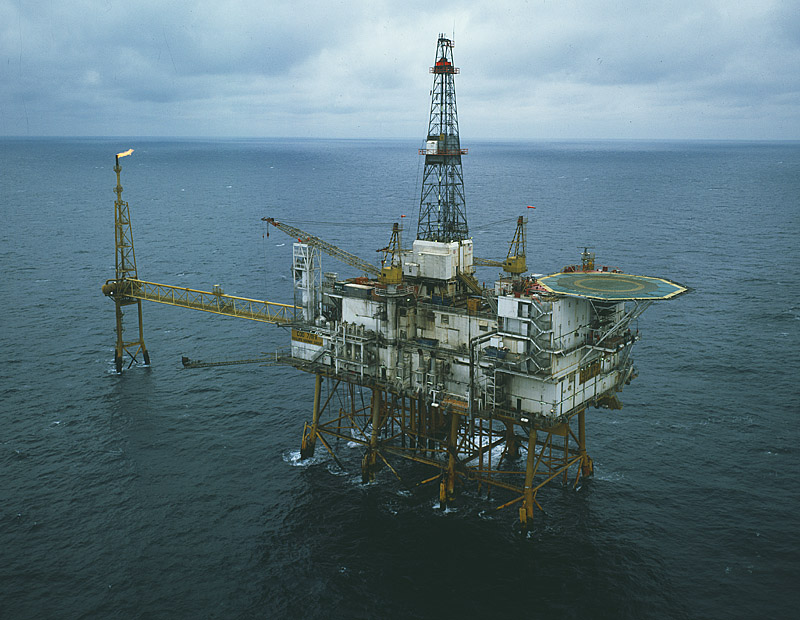Final chapter for old sloggers

Meanwhile, they had to be secured and kept under observation to make sure no hazard was posed. That was achieved through remote monitoring of various functions.
Eliminating the need to keep personnel on board, this system covered such aspects as emergency shutdown, fire and gas systems, ventilation, power supply and well status.
 historie, siste kapittel for tre travere, 1999,
historie, siste kapittel for tre travere, 1999,From mid-May 1999, Ekofisk 2/4 K took over the job of remotely monitoring Edda 2/7 C and Albuskjell 1/6 A. Their process facilities were cleaned and the wells plugged and secured.
Cod 7/11 A – known as the House on the Prairie by those who worked there – also ceased production in 1998 after 22 years on stream.
Work on securing and plugging the Cod wells was completed in August 1999, and the platform was then cleaned and everything in the accommodation not to be used again was transferred to Albuskjell 2/4 F for reuse.
 fjerne, Ekofisk-tanken – et ikon som blir stående, Siste kapittel for gamle travere
fjerne, Ekofisk-tanken – et ikon som blir stående, Siste kapittel for gamle travereThe final chapter for Cod began on 5 October 1999, when the crew left for good. It remained standing unmanned until the time arrived for its removal.
Power supplies were cut off, and even the last lifeboat station was closed. But the platform still needed electricity during its cold phase to run the navigation lights on board.
These were mandatory to safeguard ship traffic in the area. This power supply was provided by solar panels mounted on the deck. A new communication system allowed the lights to be remotely monitored from the Tananger base.[REMOVE]
Fotnote: Ekofisknytt, no 16, 1999.
 Cod 7/11 A, 1977, Oppstart av Cod 7/11 A, historie, forsidebilde,
Cod 7/11 A, 1977, Oppstart av Cod 7/11 A, historie, forsidebilde,Shut down by gas cooler leakFibreoptic cable arrives
